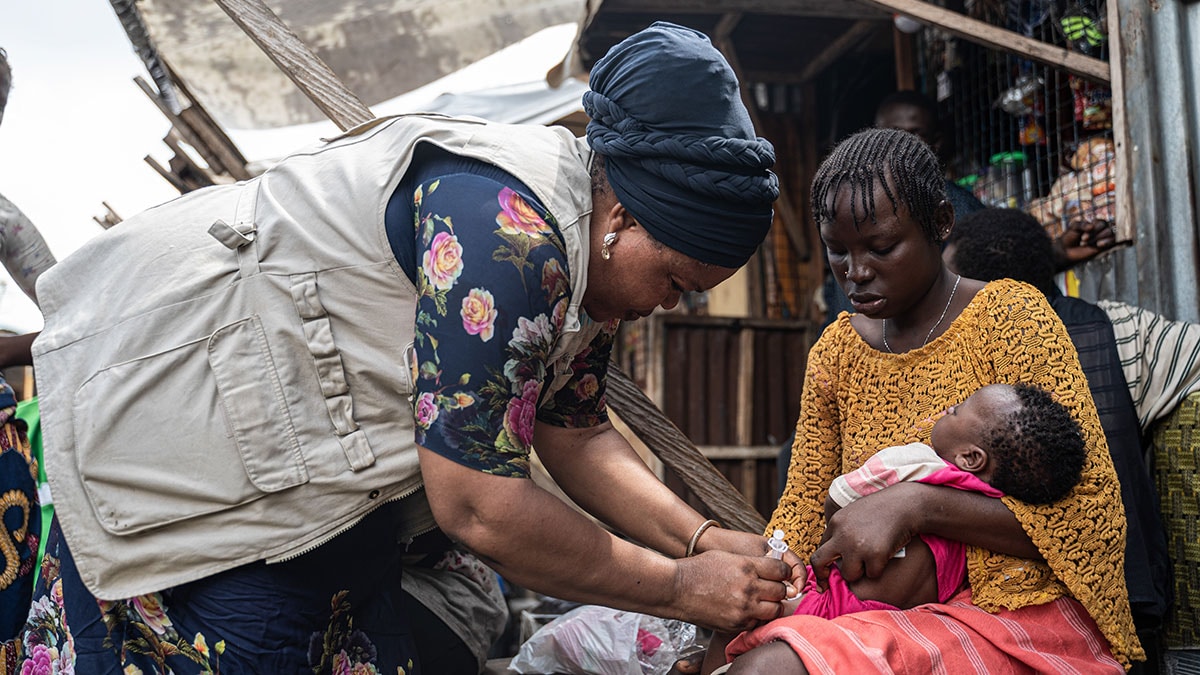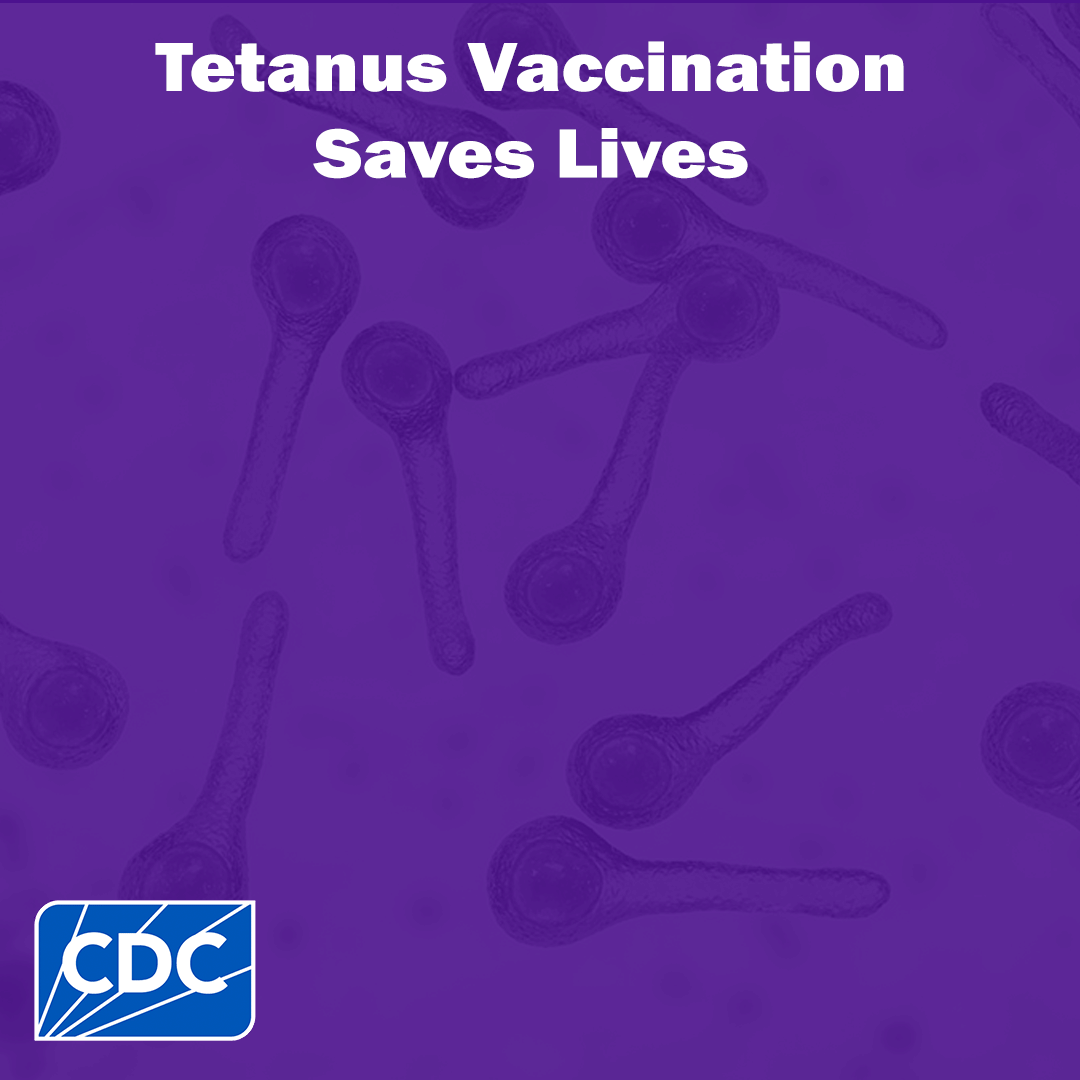At a glance
Tetanus is serious and potentially life-threatening illness. Tetanus vaccination is a safe and cost-effective way to prevent severe disease and death. Global tetanus vaccination programs have greatly reduced newborn deaths in the last 30 years. However, maternal and neonatal tetanus remains a public health problem in 11 countries.

The issue
Tetanus (also known as "lockjaw") causes severe health problems, which can lead to respiratory failure and death.
Symptoms include:
- tightening of the jaw muscles
- muscle spasms
- stiffness
- jerking or staring (seizures)
- difficulty swallowing or breathing
According to a global study,1 more than 73,000 total tetanus cases occurred in 2019. Among those cases, 27,000 were in newborns.
Who is affected
- While anyone can get tetanus, the disease is most dangerous for newborns. They can be exposed to the spores that cause tetanus during childbirth.
- Tetanus among mothers and newborns – known as maternal and neonatal tetanus – leads to thousands of deaths each year.
- In the absence of intensive care, almost all cases of tetanus are fatal.
- While most countries have eliminated maternal and neonatal tetanus, the disease still poses as a serious risk to newborns and mothers in 11 countries.
Prevention

Safe, cost-effective vaccines can prevent tetanus
- Safe and effective tetanus vaccines have been available since the 1940s.
- The World Health Organization recommends at least 6 doses of tetanus vaccines for lifelong protection, including 3 in infancy and 3 boosters in childhood/adolescence.2
- Maternal and neonatal tetanus can be prevented by vaccinating pregnant women, who then transfer tetanus protection to the baby through the placenta.
- Tetanus vaccination is highly cost-effective. In developing countries, a tetanus vaccine costs less than $1.3
Tetanus vaccination saves lives
- Global tetanus vaccination programs reduced tetanus deaths in newborns by 95% in the last 30 years. Tetanus vaccination continues to decrease rates of disease and death from tetanus.
- Thanks to vaccination, neonatal tetanus now causes less than 1% of newborn deaths. In 2000, neonatal tetanus accounted for 7% of newborn deaths from all causes.
- Eliminating maternal and neonatal tetanus in the 11 countries that have not achieved this milestone would prevent thousands of deaths in newborns each year.4
Not everyone is fully protected from tetanus
- Approximately 30 million children did not complete their 3-dose primary tetanus vaccine series in 2020, according to modelled estimates.5
- Several countries do not provide tetanus booster shots, which protect people throughout life.

Nearly 20 million infants did not complete their 3-dose primary tetanus vaccine series in 2024.
- Vos, T. et al. Global burden of 369 diseases and injuries in 204 countries and territories, 1990–2019: a systematic analysis for the Global Burden of Disease Study 2019. Lancet 396, 1204–1222 (2020).
- World Health Organization. Tetanus vaccines: WHO position paper – February 2017. Weekly Epidemiological Record, 92 (full issue).
- UNICEF. Vaccines pricing data. Accessed March 18, 2024.
- Laing SK, Griffiths U, Raza AA, Zulu F, Yakubu A, Bessias S, et al. An investment case for maternal and neonatal tetanus elimination. Vaccine. (2020) 38:2241–9. doi: 10.1016/j.vaccine.2019.11.052
- Causey, K. et al. Estimating global and regional disruptions to routine childhood vaccine coverage during the COVID-19 pandemic in 2020: a modelling study. Lancet 398, 522–534 (2021).
- Causey, K. et al. Estimating global and regional disruptions to routine childhood vaccine coverage during the COVID-19 pandemic in 2020: a modelling study. Lancet 398, 522–534 (2021).
